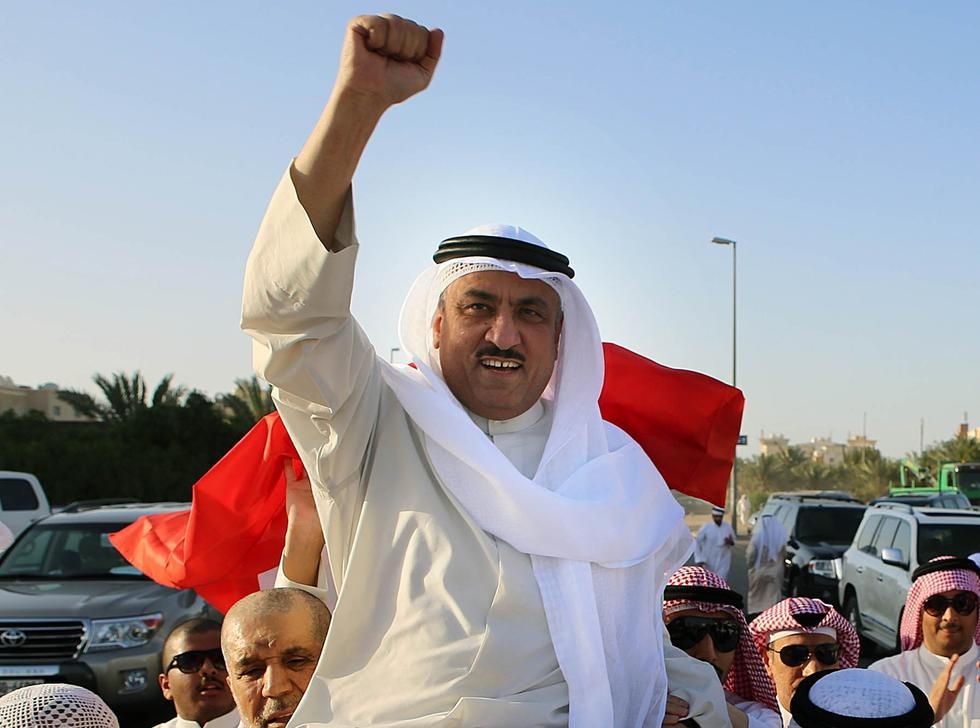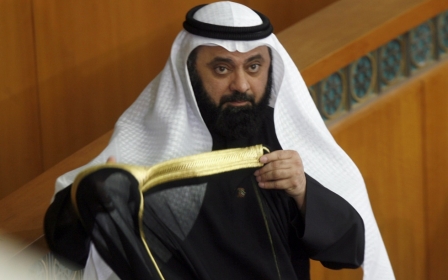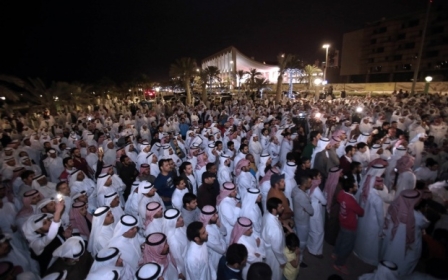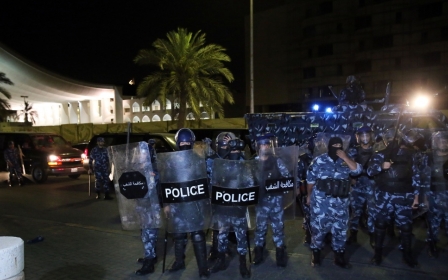Amnesty condemns jail sentence upheld for Kuwait opposition leader

Amnesty International on Tuesday condemned a Kuwaiti court ruling upholding a two-year jail term against opposition leader and former parliamentarian Musallam al-Barrak for insulting the emir.
"Kuwait's authorities should ensure his conviction and sentence are quashed and that he is not returned to prison," said the London-based rights watchdog.
"If he is returned to prison as a result of this decision, Amnesty International would consider him a prisoner of conscience."
The 58-year-old Barrak is one of the most senior and popular opposition figures to be jailed in an unprecedented government crackdown on dissent.
He was convicted by the appeals court in February of undermining the authority of Emir Sheikh Sabah al-Ahmad al-Sabah during a speech at a public rally in October 2012.
"In the name of the nation, in the name of the people, we will not let you, your Highness, practice autocratic rule," he said.
The latest verdict from the supreme court is final and cannot be challenged.
Amnesty urged Kuwait to bring its laws and practices on freedom of expression in line with its obligations under international law.
It also called on the government of the oil-rich Gulf state to stop the persecution of 67 individuals who expressed solidarity with Barrak by publicly reciting parts of his speech.
Barrak was an MP between 1996 and 2012.
Kuwaiti courts have sent dozens of opposition and online activists to jail on charges of insulting the ruler.
Though Kuwait has not seen the level of unrest that gripped neighbouring Bahrain, the country has seen sporadic demonstrations since 2011 agitating for reform in the country.
Earlier this month, Kuwait arrested another former opposition leader for arguing that Iran was exherting influence over the Kuwaiti government.
The interior ministry said Waleed al-Tabtabai had been "arrested on the orders of the public prosecution for spreading false news about the internal situation and undermining the status of the crown prince on social media".
Middle East Eye propose une couverture et une analyse indépendantes et incomparables du Moyen-Orient, de l’Afrique du Nord et d’autres régions du monde. Pour en savoir plus sur la reprise de ce contenu et les frais qui s’appliquent, veuillez remplir ce formulaire [en anglais]. Pour en savoir plus sur MEE, cliquez ici [en anglais].




